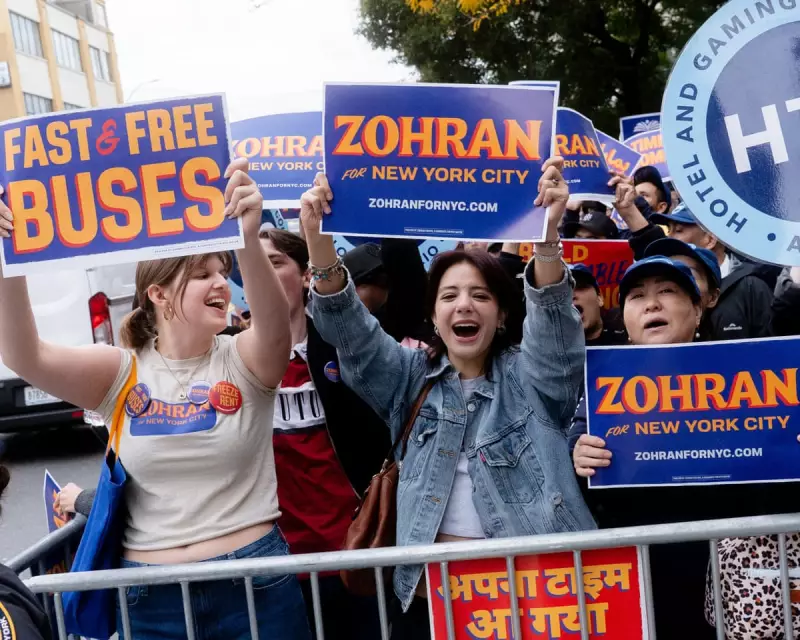
As the United States approaches a pivotal election, detailed preparations for a potential second Trump administration reveal an ambitious agenda that would dramatically expand presidential authority and reshape key government institutions.
The Immigration Overhaul
At the heart of the proposed measures lies a comprehensive immigration crackdown. Sources close to the planning indicate Trump would immediately revive and expand his controversial travel ban, targeting additional majority-Muslim countries while implementing sweeping restrictions on asylum claims.
"This isn't just about reinstating previous policies," explains Dr. Eleanor Vance, political historian at Oxford University. "We're looking at a systematic effort to fundamentally alter how immigration functions in America, with significant implications for international relations."
Economic Protectionism Returns
The blueprint calls for aggressive trade measures, including universal baseline tariffs that would represent a major escalation from previous trade wars. Economic analysts warn such policies could:
- Trigger immediate retaliation from trading partners
- Disrupt global supply chains still recovering from pandemic pressures
- Increase consumer prices across multiple sectors
Institutional Transformation
Perhaps most concerning to governance experts are plans to assert unprecedented political control over federal agencies. The proposal aims to reclassify thousands of civil service positions as political appointments, potentially undermining the traditional independence of the US bureaucracy.
This represents a fundamental shift in how American government operates, moving toward a model where loyalty to the administration could outweigh professional expertise.
Legal and Constitutional Questions
Legal scholars are already debating the constitutionality of many proposed measures. The scope of executive orders being considered pushes against established boundaries of presidential power, setting the stage for potential legal challenges that could reach the Supreme Court.
As one constitutional law professor noted, "We're entering uncharted territory regarding the separation of powers. The implications for American democracy could be profound."
With election day approaching, these revelations provide voters with a clear picture of the transformative changes being planned behind the scenes—changes that could redefine America's role in the world and the very structure of its government.





